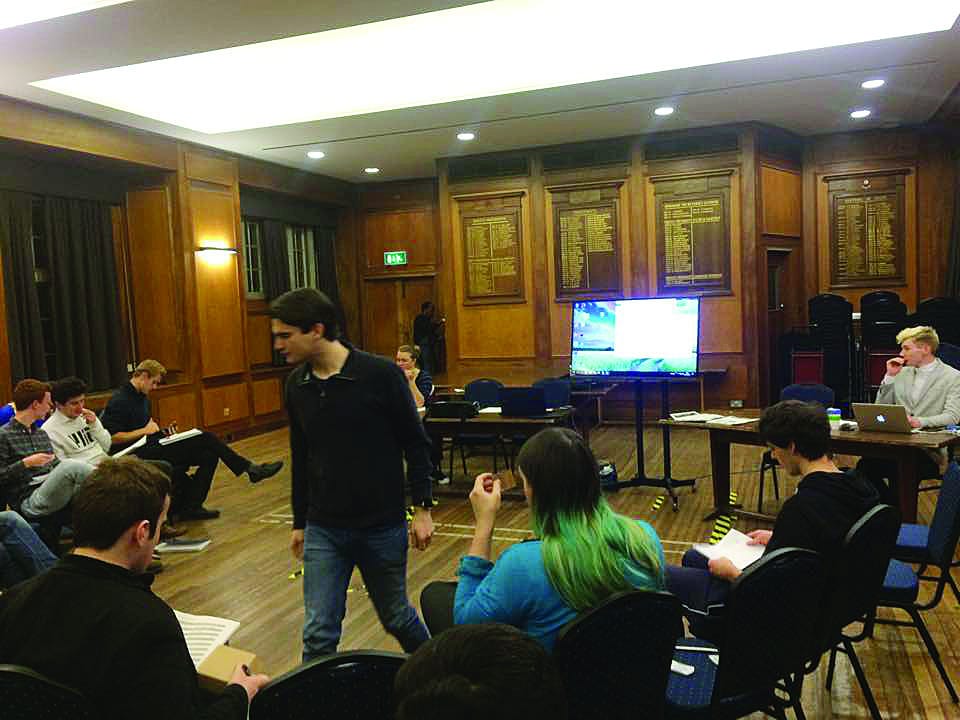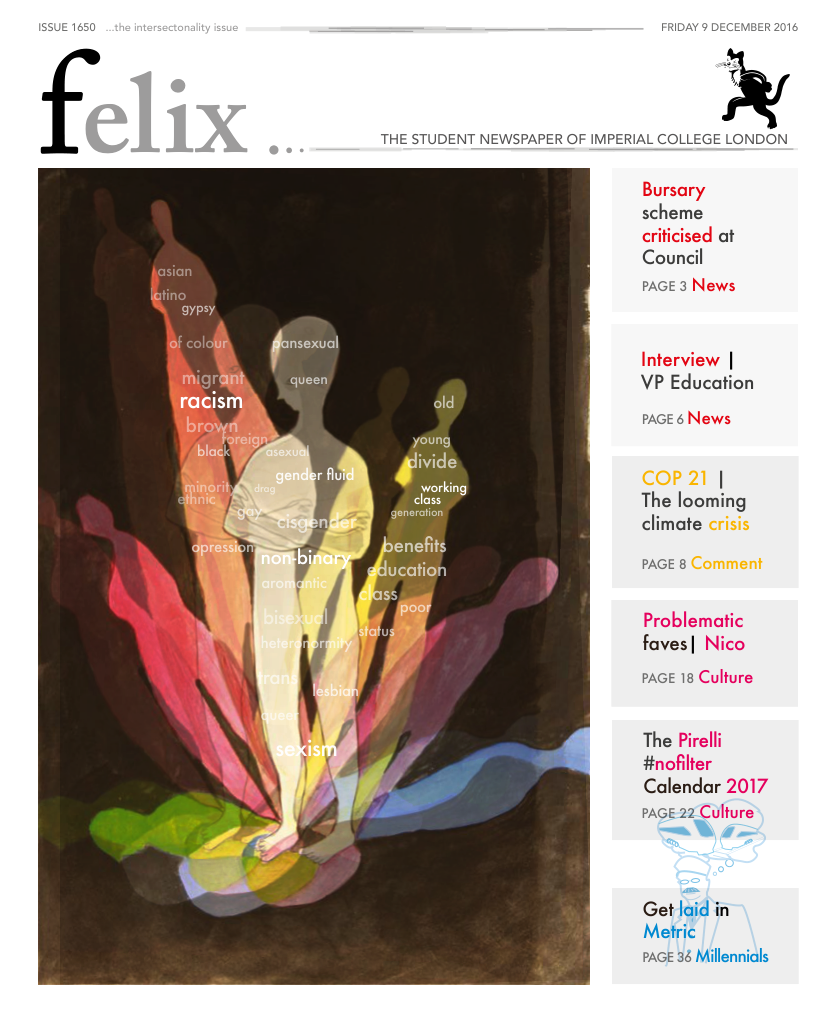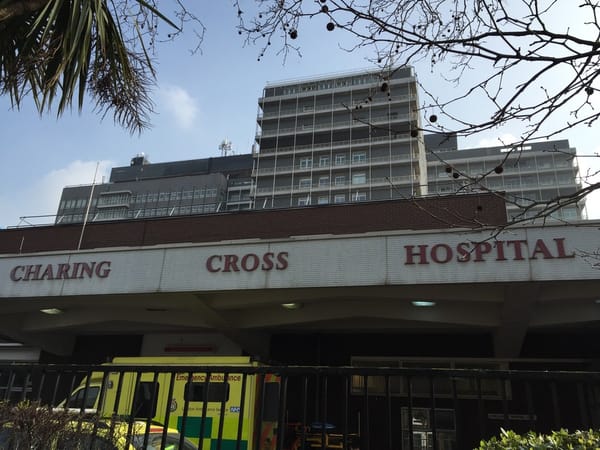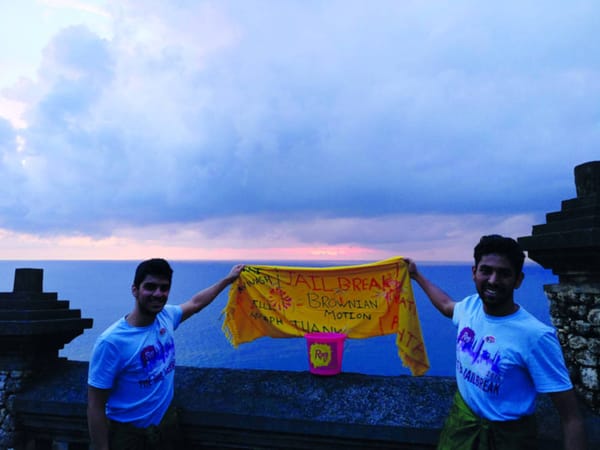2015 bursary scheme criticised at Council
Union to request reimbursement of unfairly underfunded students

Union Council voted to put pressure on College to investigate the legitimacy of the 2015-2016 bursary scheme which has been criticised for not providing adequate funding to students of higher income brackets.
The decision was made based on findings presented by second year physicist Rhidian Thomas.
Currently, financial support is awarded annually to Home undergraduate students with a household income of up to £60,000. The sum awarded depends on the income bracket, and varies depending on which bursary scheme the individual is on.
Depending on the year of enrolment at Imperial, students are put on different bursary schemes. Over the last three years, bursary changes between different schemes have been negative, with no extra funds being provided to any income bracket, and higher income brackets (from £35k to £60k) seeing a sharp drop in funding.
Rhidian looked and the total amount of funding received by students from each income bracket eligible for the IC bursary (loans and grants from SLC, as well as IC bursary) and also estimated the total annual living costs at Imperial (at £11,522).
There are roughly 200-400 students at imperial who are receiving an inadequate bursary solely as a result of their year of enrolment
His investigation concluded that under the 2015 system, students from lower income brackets received more than the annual living costs, while students from higher income brackets who still qualified for the bursary would be receiving substantially (£2-4k) less than the living costs.
The discrepancy between the funding received by lower versus higher income bracket students is limited to 2015 as the following year, Imperial College changed the bursary scheme yet again increasing the bursaries of higher income bracket students and decreasing those of lower income bracket students.
One student in the audience pointed out that while currently, due to him receiving funding under the 2015 bursary scheme, he only received a few hundred pounds worth of financial support, his bursary would have amounted to a few thousands if he had enrolled in 2016 instead of 2015.
Rhidian believes that there are roughly 200-400 students at imperial who are receiving an inadequate bursary solely as a result of their year of enrolment.
The paper was put to a vote and passed. The union agreed to the need to support these students, as while they’re on the higher end of students eligible for bursary, their households are not necessarily particularly well off. A household income of £50,000 corresponds to two workers each earning less than the average Imperial graduate starting salary. Currently these students are victims “of a system College themselves acknowledge is inadequate.”
In the future we should expect a thorough investigation into the numbers of students affected by this issue. The Union will work in conjunction with and lobby College to make sure existing students are not overlooked. A request will be made for additional funds to be made available for students in the “squeezed middle” £35,000 - £60,000 income brackets who are currently on the 2015-intake bursary scheme – both to reimburse them for the 2016-17 academic year, and to guarantee this funding for the remainder of their degrees.







